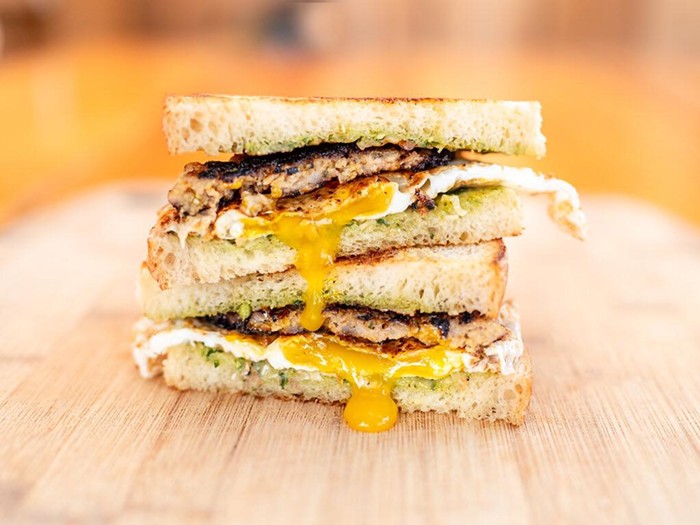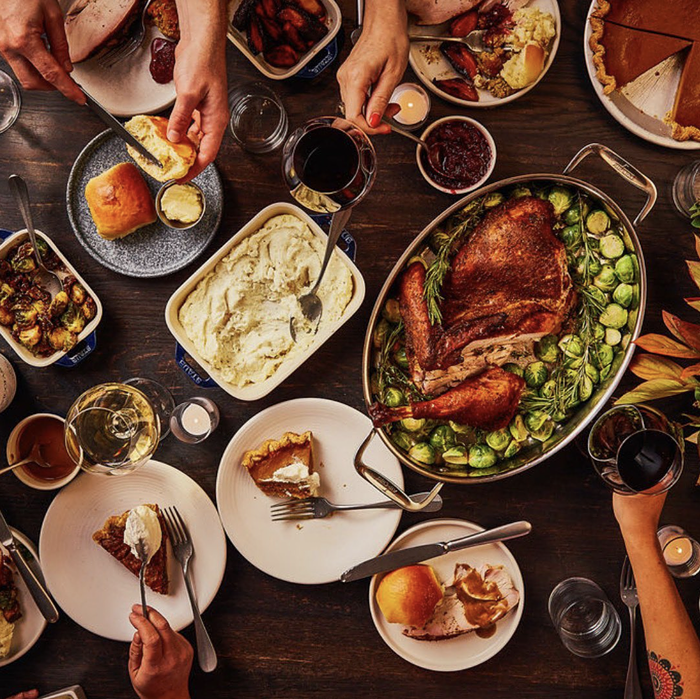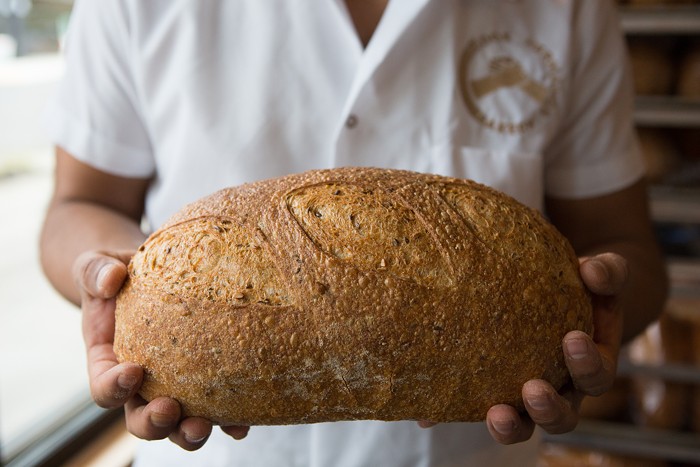One of my all-time favorite cookery books is called French Cooking in Ten Minutes, or Adapting to the Rhythm of Modern Life. Despite the rather contemporary title, it was first published in 1930 and written by Edouard de Pomiane—who, while a Parisian, has a strong Polish heritage (his real name was Pozerski). If speedy French cooking seems a conceit now, it must have seemed a heresy eighty-odd years ago without the convenience of the supermarket and time-saving gadgets. Pomiane, who was a prolific author and lecturer in food, is aware of this and starts the book declaring, “I am neither crazy nor a micromaniac,” but doesn’t waste much time defending himself—he’s absolved by the recipes themselves, which are thoughtful and surprisingly refined, and include soups, salads, fish, meat, pasta and a few desserts (he covers hors d’oeuvres briefly as they are only useful “to keep you from starving before the main course is brought out”). In fact, the book provides a working framework for a certain type of French cuisine (regional, unzealous) and is an antidote to the more arduous and intimidating tomes of Gallic cooking instruction that tend to remain on the shelf (sorry, Julia).
Pomiane’s secret, apart from always putting a pan of water on to boil the moment he gets in the house (this doesn’t count as part of the 10 minutes as he’s still taking his coat off) is the scientific approach he takes to cooking, which he then lays out in a straightforward manner that the average reader can grasp. One of the joys of the book is his turn of phrase and elegant prose—he is less fussy and earnest, and a lot more droll than many food writers today. After all, what better call to action than this: “I am writing this book for students, dressmakers, secretaries, artists, lazy people, poets, men of action, dreamers, scientists, and everyone else who only has an hour for lunch or dinner but still wants thirty minutes of peace to enjoy a cup of coffee.”



















